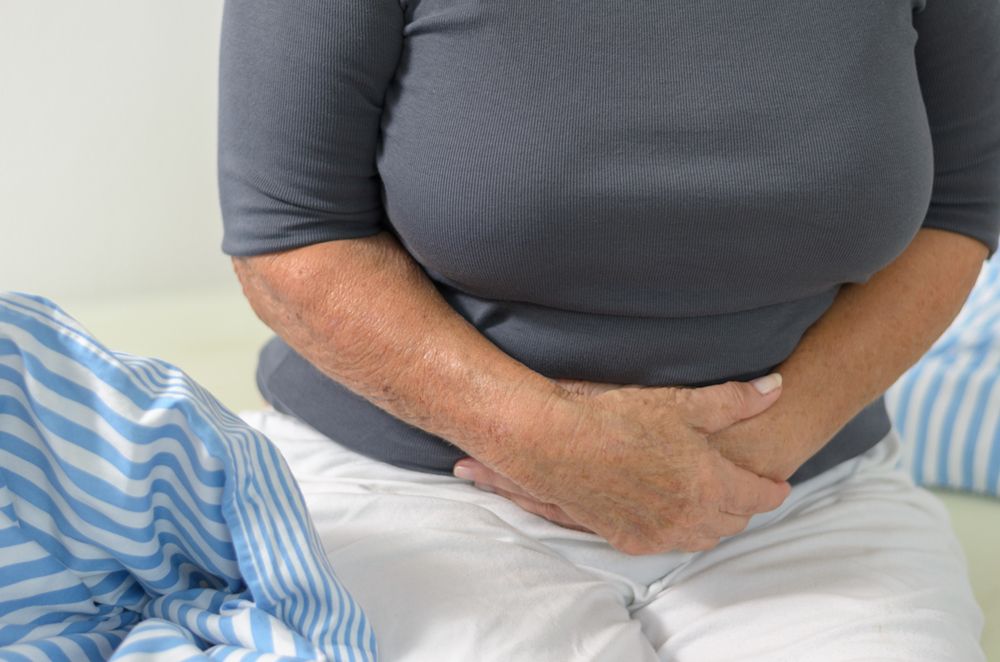Bariatric Surgery and Ulcers
 An ulcer is a sore on the stomach lining. This unpleasant condition often causes pain, bleeding, or perforations in the stomach. Following bariatric surgery, some patients develop stomach ulcers within a few months, or even years, of their procedure. At Tijuana Bariatrics in Tijuana, MX, our doctors can help you understand the risks of bariatric surgery and ulcers, and how you can avoid them.
An ulcer is a sore on the stomach lining. This unpleasant condition often causes pain, bleeding, or perforations in the stomach. Following bariatric surgery, some patients develop stomach ulcers within a few months, or even years, of their procedure. At Tijuana Bariatrics in Tijuana, MX, our doctors can help you understand the risks of bariatric surgery and ulcers, and how you can avoid them.
What Causes Ulcers after Bariatric Surgery?
There are several factors that can contribute to the development of stomach ulcers after bariatric surgery. While some are beyond a patient’s control, others are avoidable with lifestyle habits. Some preventable risk factors include:
- Smoking: The use of tobacco impedes proper healing. Smoking causes damage by reducing the amount of oxygen that reaches the tissues.
- Alcohol: If you have an external wound, like a cut on your arm, you wouldn’t pour rubbing alcohol on it. However, this is precisely what drinking alcoholic beverages does to your stomach lining following weight loss surgery.
- NSAIDs: Certain over-the-counter anti-inflammatories, such as ibuprofen, aspirin, or naproxen, can damage the stomach lining. This can ultimately lead to gastritis, which is inflammation that occurs inside the stomach. If you think you may require NSAIDs, check with your bariatric surgeon first.
- Steroids: Certain steroid medications such as Prednisone can have a negative impact on the stomach lining, resulting in delayed healing.
- Caffeine: While caffeine may not directly cause stomach ulcers, it has been proven to be an irritant. If you already suffer from a condition like gastritis, it can worsen the symptoms.
Symptoms of Stomach Ulcers
Many patients who experience ulcer symptoms incorrectly assume it is a normal part of the healing process. You should contact your surgeon immediately if you notice:
- Nausea
- Abdominal pain
- Vomiting
- Bloody or dark stools
Once you consult your surgeon, he or she can decide if further steps should be taken. Occasionally, an upper endoscopy may be recommended. During this procedure, a small camera will be placed from your mouth to your stomach to identify any possible causes. A biopsy may also be performed to analyze the stomach tissues.
Treating Stomach Ulcers
If you develop an ulcer following weight loss surgery, there are a variety of treatments that can be used, depending on the cause and symptoms. Some include:
- Proton-Pump Inhibitor: Sometimes called PPIs, proton-pump inhibitors block the enzyme that produces acid. These anti-acid medications significantly reduce the formation of new ulcers, and allow existing ones to heal. If your doctor places you on a PPI, you could stay on it for an extended period of time while your body recovers.
- Sucralfate: An antacid, sucralfate coats the lining of the stomach, protecting the ulcer from further harm. Sometimes used in conjunction with PPIs, sucralfate can aid in a quicker recovery.
- Misoprostol: If your ulcer is due to NSAIDs, misoprostol is quite effective. Protecting your stomach lining, this hormone medication reduces the amount of acid in the stomach, and decreases the risk of complications, such as bleeding.
If your ulcer has progressed to the point of bleeding or perforation of the stomach, then you may be admitted to the hospital for medications and observation. If the bleeding is not controlled by medications, surgery may be required.
Learn More about Bariatric Surgery
If you think you may have a stomach ulcer, or if you want to learn more about bariatric surgery, schedule a consultation with one of our doctors. You can contact us online, or call our office at (800) 308-3607.




